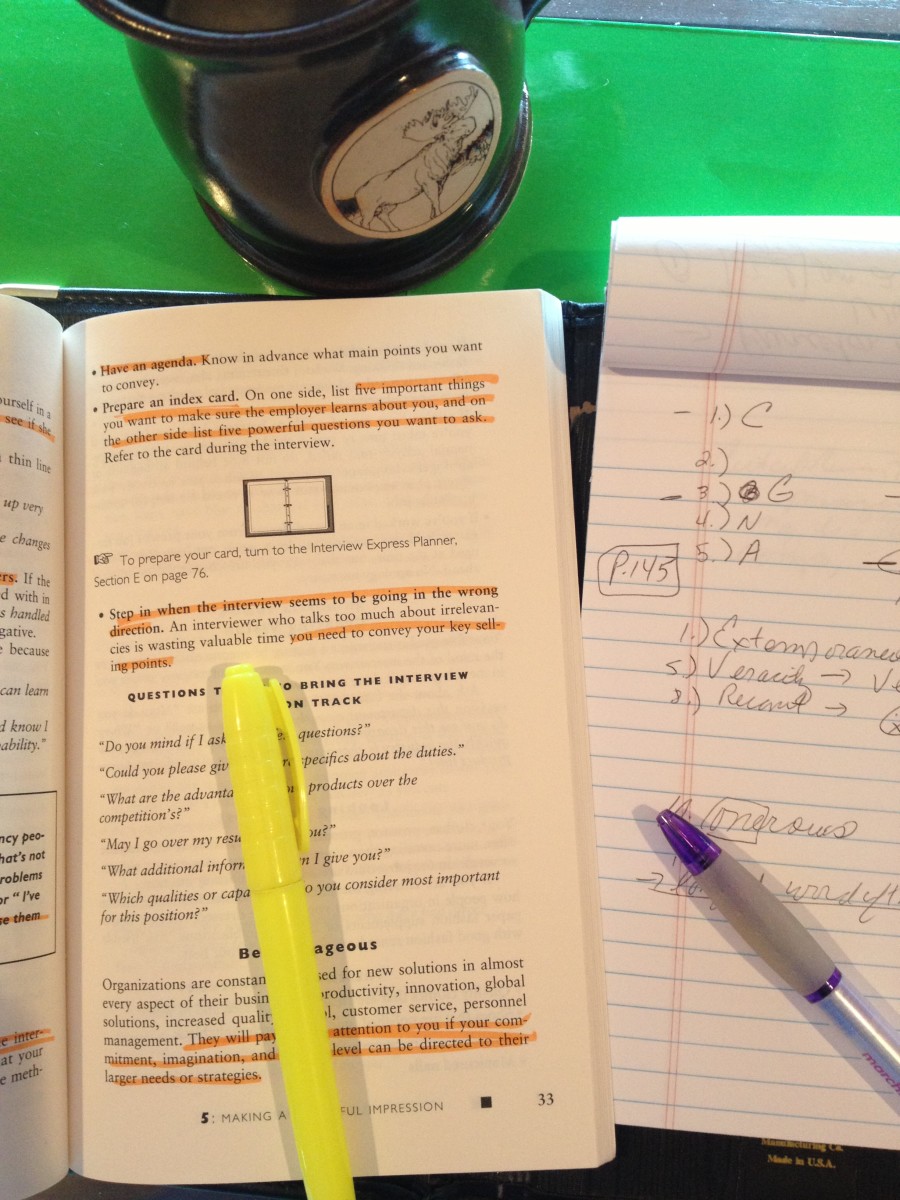How to Get a Reluctant Reader to Read
What Will Help Your Child Want to Read?
Practices makes perfect. How then do you get a reluctant reader to read in order to improve their reading skills?
- Find out your child’s true reading level. Reluctant reading could be a sign that your child is behind the rest of their class or struggling to keep up in one aspect. The teacher may have abandoned phonics for whole language and your child hasn't memorized all the sight words, or your child may be reading the text aloud by lack comprehension of the unfamiliar words. Find out what your child understands now and work on the areas where he or she is behind.
- Go to the library and enjoy the variety of reading materials. Let your child try many different books and move immediately to another title if it is too hard. The issue is to get practice.
- Install educational software for reading, literacy and spelling on your home computer. Set up a timer to enforce a minimum time spent on the educational software. Turn off the internet connection to prevent surfing instead of learning.
- Take turns reading pages of a bedtime story. If your child struggles to read a whole page, alternate reading paragraphs or sentences. Alternatively, pull out baby books and let the child read these familiar books quickly, building confidence, before moving back to readers that are on level.
- Is your child starting to read independently? Don't stop reading to your child. Reading to your child while they can follow along builds their confidence and comprehension. In fact, encourage your child to read to you from their favorite books even after you've read to them. Reading is a skill improved by practice of all kinds.
- If your child is struggling at their current reading level, re-read many books at the lower level. After reading speed and comprehension improves, return to reading material at the higher level.

7. Workbooks on reading, spelling, phonics and comprehension are cheaper than tutors. Buy a few workbooks on the areas in which your child is weak and set aside time each day to build up these skills.
8. Bribery, though often maligned, can help. Offer a reward for completing a certain number of books. For young children, use five as an attainable goal. For older children, require ten books read. That number can be reduced if chapter books and longer books are read. Offer a reward like a movie night, miniature golf or family outing of the child’s selection. Before flinching at the price of the outing, remember that this is cheaper than several hours at a tutoring center. Require a minimum score, at least the equivalent to passing grades, before any rewards are given in return for the work.
8. Use the library’s free movie lending to reduce the cost of bribing your child to read. Permit your child to select a movie to watch at home after they have read a book at the library. If they refuse to read, place the movie back and go home.
9. Hold the TV and gaming devices hostage if necessary. There is no television or video gaming until after a minimum time is spent reading or a book is completed.
10. If your child continues to resist reading, have their reading skills assessed. Your child's reading comprehension may be low, causing them to fear reading because of its difficulty.
11. If your child loves a particular character, offer to buy a new book about this character when they finish the current title. If your child makes progress on these books, buy the whole series so that you can feed them to your child as soon as each book is done. While you may balk at buying a whole set of 15 Bernstein Bears or Jimmy Neutron books now, it is cheaper than having to pay for literacy tutoring later. You can save money by buying the books in sets online or borrowing the group from the library.
12. Enter your child in summer reading programs that reward kids for how many books they read, so they gain an incentive and support network for reading.
13. Take younger children to story time events and talk excitedly about how much fun it would be for the child to be able to read stories for themselves.
14. When your child has started reading, don't stop reading to them. Reading to them helps reinforce sight word recognition and proper pronunciation of words.The joy of being able to read their favorite, known stories is also positive reinforcement.







